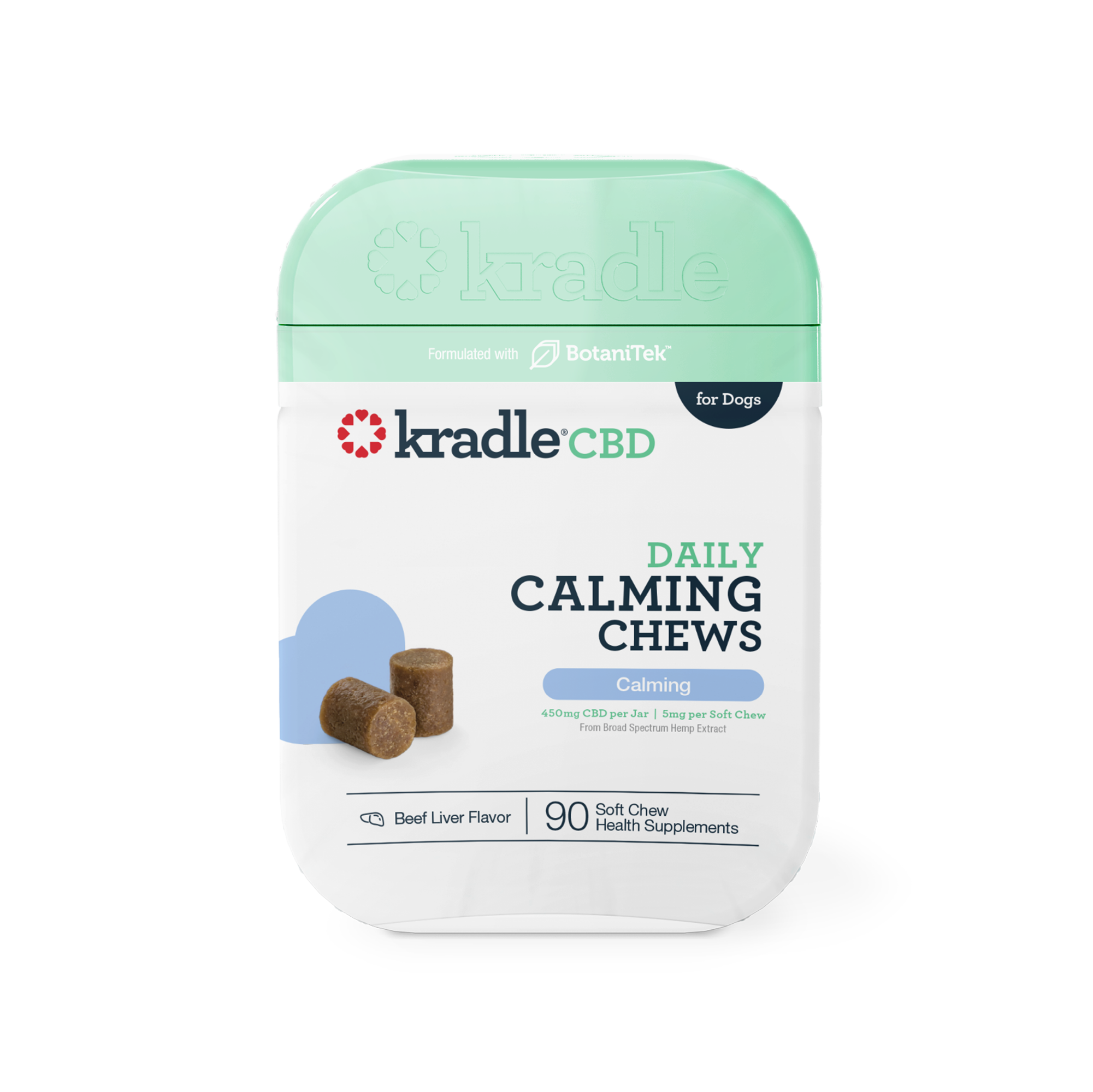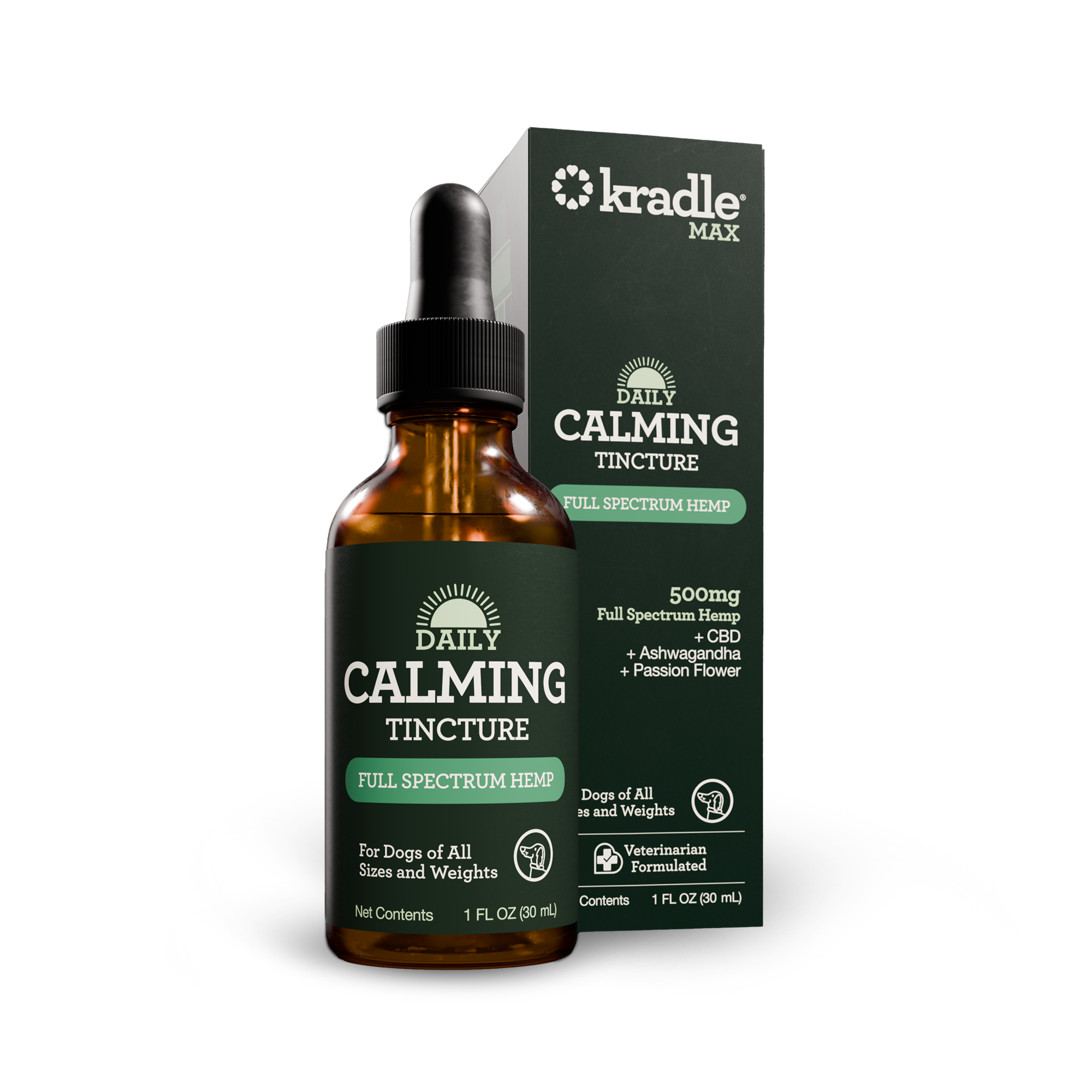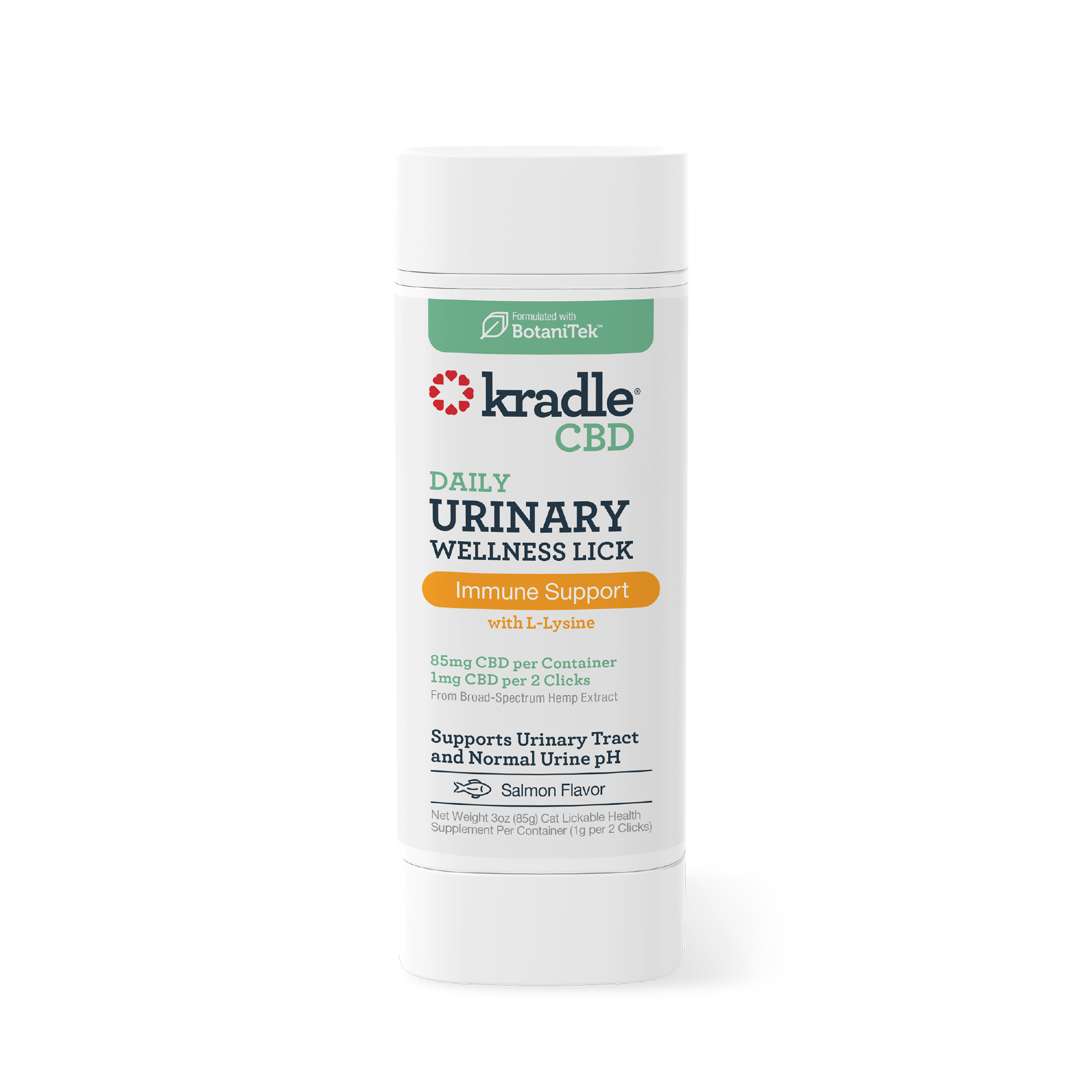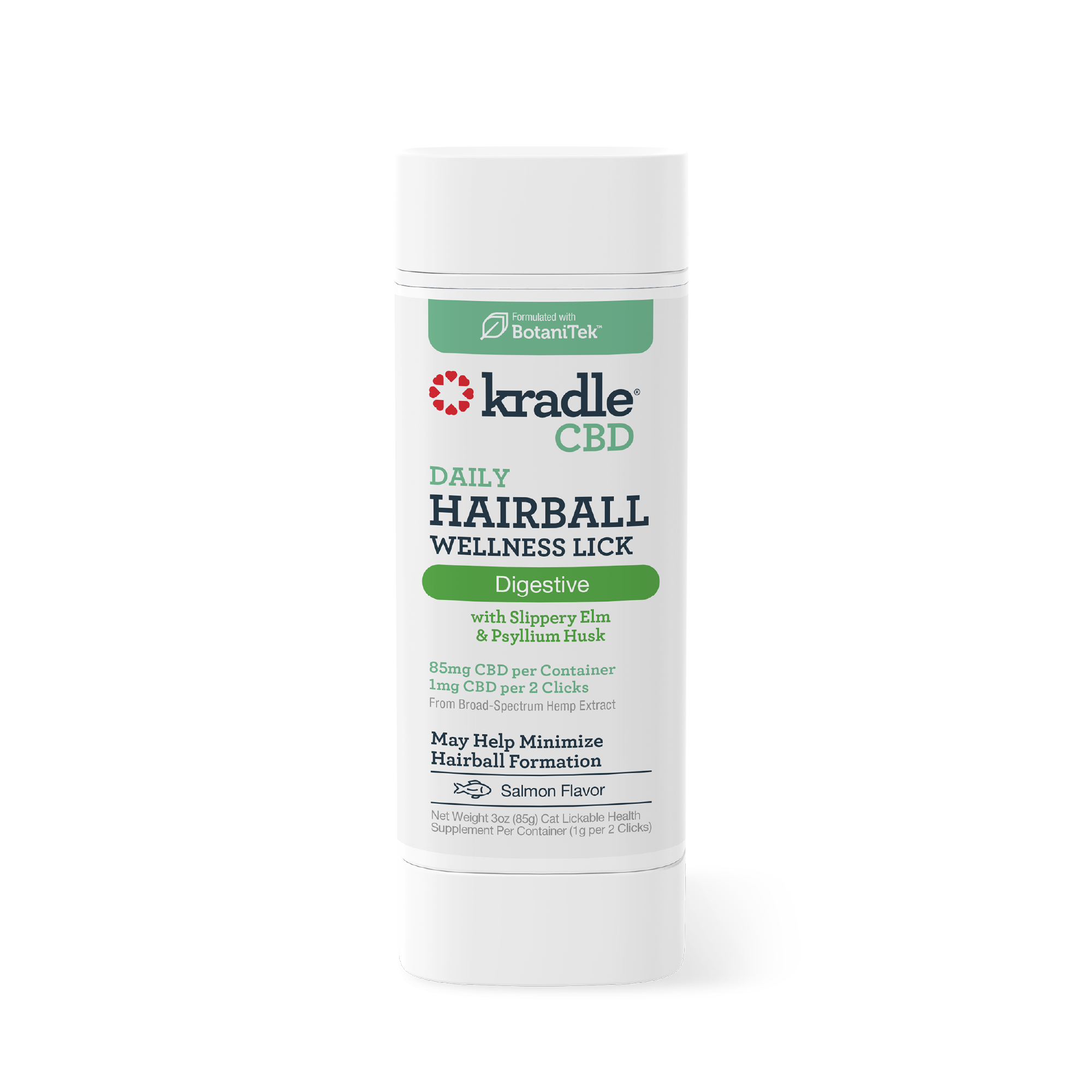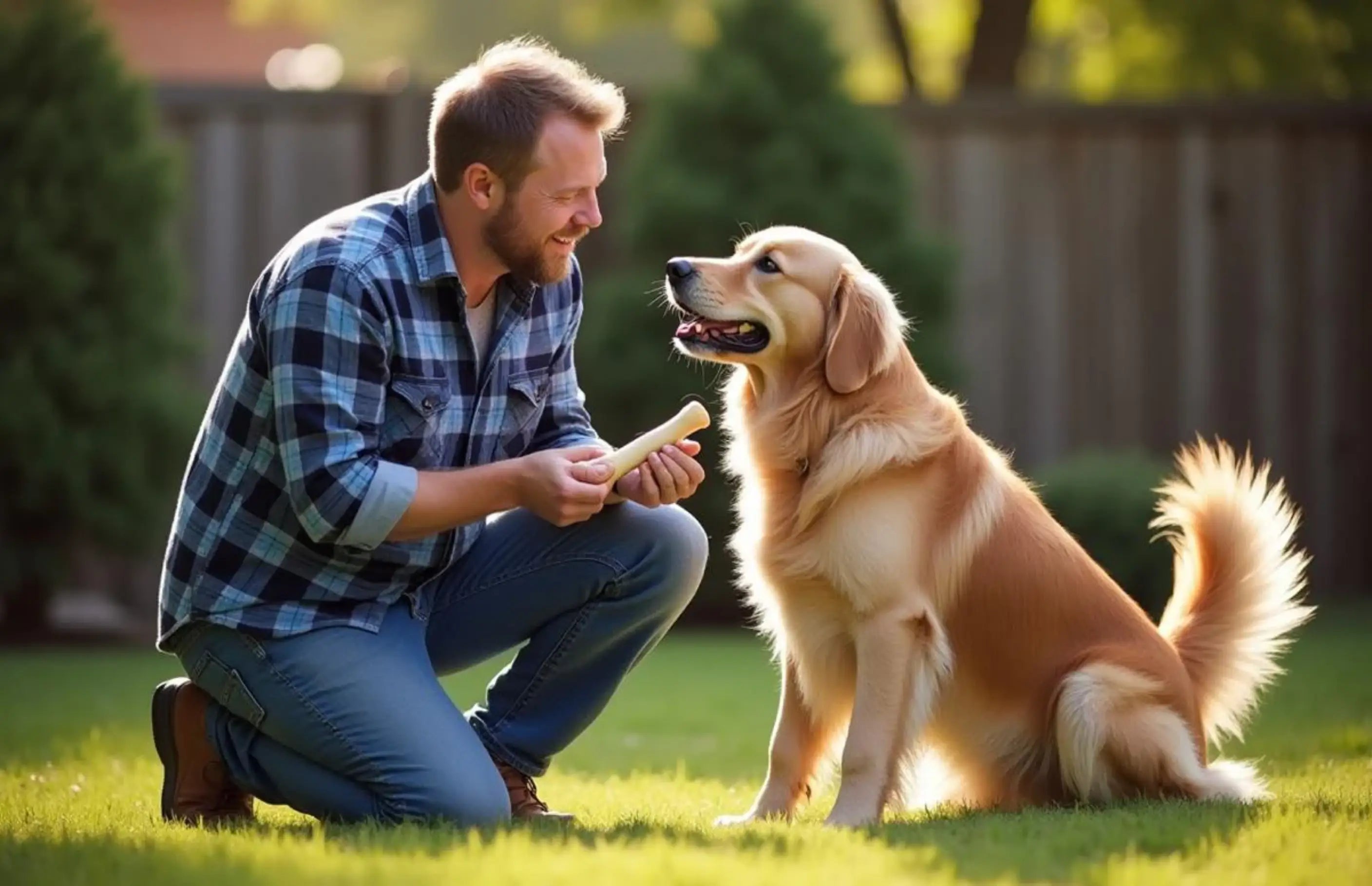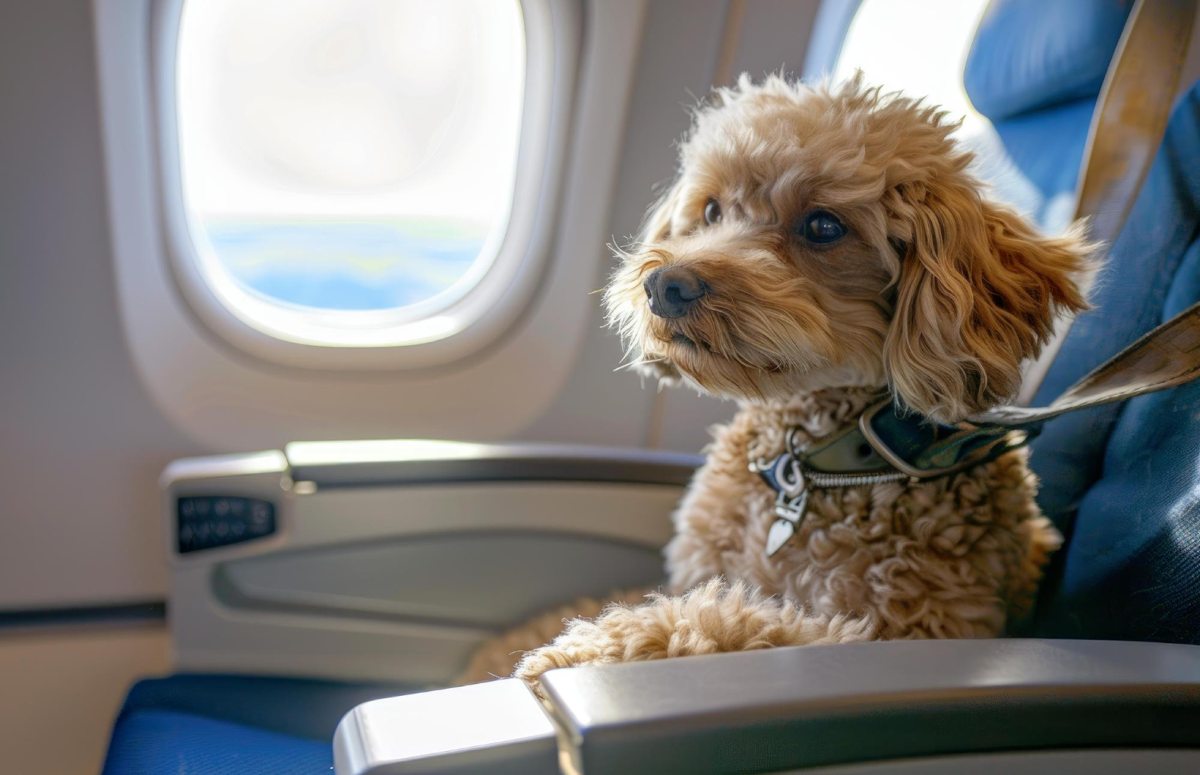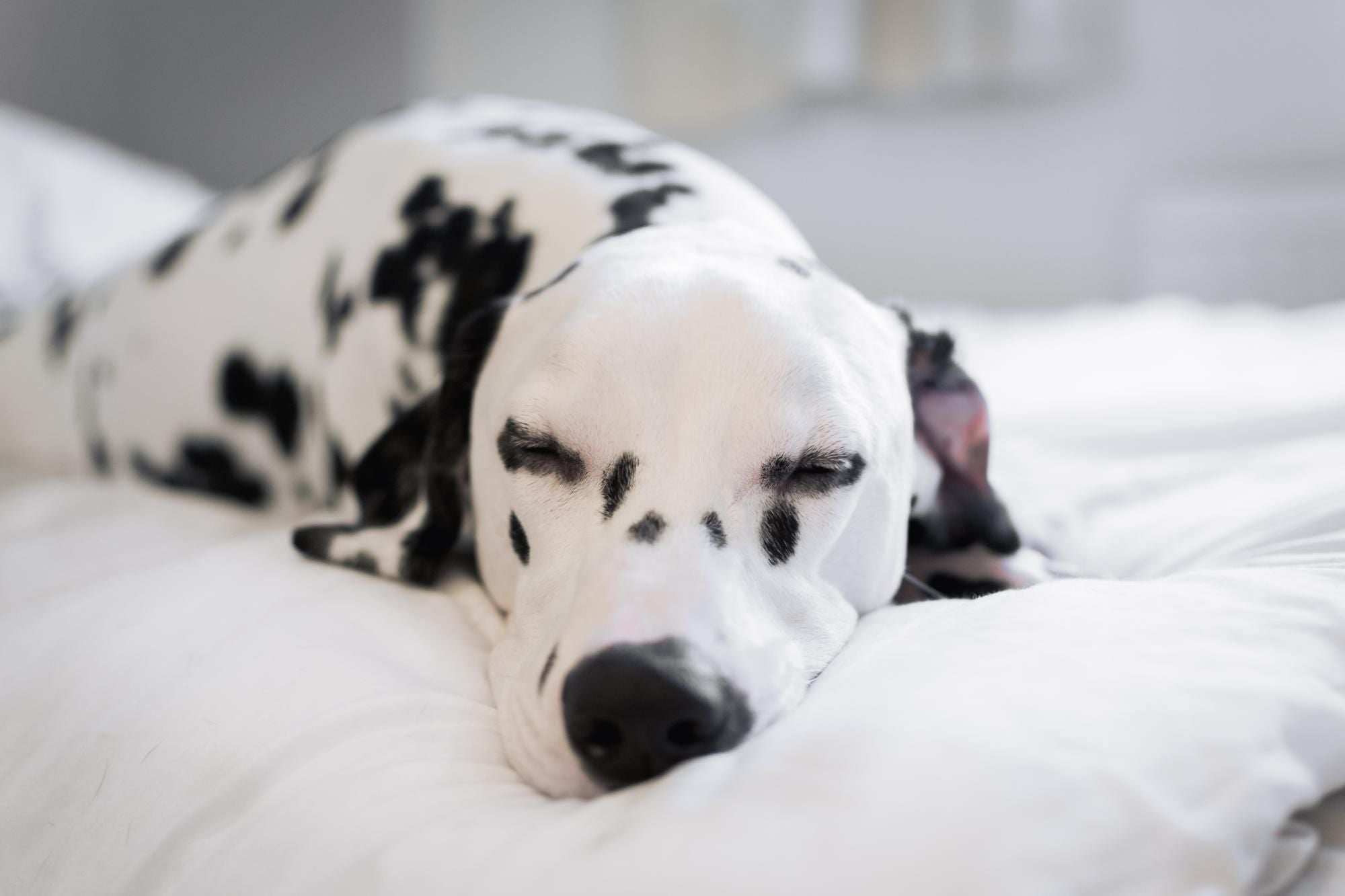
How to Build the Best Bedtime Routine for Your Dog or Puppy
Don’t we all feel better after a good night’s sleep? Dogs do too. They do need proper rest to stay in good shape—both their body and their emotions depend on it. If your pup means the world to you, putting a basic dog bedtime routine in place is something that can quietly make a big difference. It may seem like a small part of the day, maybe just a few minutes, but it can completely shift how settled and refreshed they are each day.
This guide breaks down ways to create a strong nighttime rhythm, how to handle sleep troubles, and which natural products could bring peace to your pup’s night. A dependable routine provides dogs with a sense of comfort, helping them settle more easily. When sleep becomes expected, dogs often start relaxing on their own, helping their body prepare for nighttime.
Importance of Sleep for Dogs

Do you know that dogs sleep for nearly 50% of their days! When dogs sleep, their bodies don’t just stop. They heal tissues, build up the immune system, and sort through the day. This isn’t just a break. It’s really important for their health too. If they don’t sleep enough, their mood changes. Sometimes they act off just like us when we haven’t slept proper for days. Illness may even creep in more easily.
Missing out on proper rest may lower a dog’s energy, or even make them lose interest in food. They really do need quality sleep to stay balanced, and the owner’s role in setting the right routine becomes incredibly important.
Sleep needs aren’t the same for every dog. The needs vary for a puppy, a large breed or a senior dog. If you’re unsure how much rest is right, a vet can provide clarity. A steady puppy bedtime routine helps young dogs relax properly at night, giving them the right foundation to grow up strong and emotionally balanced. Skipping consistent rest prevents their bodies from recovering properly. Don’t overlook how much this matters—it’s one of the most powerful ways to help your pet stay well.
Common Dog Sleep Problems and Solutions
Some dogs doze off easily, while others wake up at the slightest noise or shift. Watch out for small signs early on; it can really help. It lets you step in before those little sleep troubles turn into something bigger.
Dog Barking or Howling in Their Sleep
If you’ve ever seen your dog barking in their sleep, it might catch you off guard. This is usually linked to dreaming. It’s rarely serious. If your dog wakes up looking scared or disoriented, offer some comfort and let them take a moment so they feel safe again. When similar signs begin showing up while they’re awake too, it might needs a vet’s attention. Watch for patterns and create a calm routine at night—it might help quiet things down and make sleep easier for your dog.
Sleeping With Eyes Open
If your dog sleeping with their eyes open, it can definitely look a little strange. At first, it might even seem like something’s wrong. But it’s usually just their third eyelid showing, which make them look awake when they’re actually resting. Most times, it’s nothing serious. But if your dog seems uneasy during the day too or acts a bit off, it might be something more, maybe a nerve issue. Best to check with a vet if anything feels off. Also, if they’ve been too excited before bed, that could mess with how well they sleep. A calm routine at night really helps them settle.
Waking Up to Go Outside
If your dog wakes up at night to go out, their daily routine might need adjusting. Try taking away water a bit earlier in the evening. Make sure they go for one last bathroom break just before bed—it can really help. Giving them dinner slightly earlier can also reduce those late-night outings.
Insomnia in Dogs
Insomnia in dogs may be caused by pain, stress, or other hidden discomforts. If your dog seems to toss and turn or can’t settle, a trip to the vet should come first. There could be something like joint pain, digestion problems, or nervous energy affecting their rest. Sometimes, chews like Kradle Sleepy CleanZzz Dental Hard Chews bring comfort without needing heavy medication. Creating a regular evening pattern can support better rest.
Loud Snoring or Sleep Apnea
A little snoring now and then isn’t alarming, but if it’s loud and constant, it might point to sleep apnea or breathing trouble. Short-snouted breeds like Bulldogs are more likely to face this. Your vet may suggest changing sleep positions, managing weight, or starting treatment. If your dog sleeps on its back, the snoring might get worse. Watch closely to see if the issue continues or becomes more serious over time. Adjusting their position may quiet things down quite a bit.
How to Build a Consistent Dog Bedtime Routine
A reliable dog bedtime routine can help your dog relax and fall asleep more smoothly. Patterns and repeated steps let dogs know what to expect and reduce bedtime resistance. So if you’ve been trying to figure out the best bedtime routine for puppy, it starts with calm surroundings, steady timing, and kind attention.
Sample Dog Bedtime Routine
-
Bathroom break
-
Quiet time together (10–20 minutes)
-
Lead them to their bed.
-
Light petting once they’re settled
-
Gentle sounds or white noise
-
Say “goodnight.”
-
Lights off
-
Begin your own routine.
Following this at the same hour each night teaches your dog to expect bedtime. After some time, they start to wind down without much effort. Using gentle tools like CBD Calming Chews for Dogs has helped many pet parents ease this process. The more consistent it becomes, the more settled your pet feels.
Tailoring It to Your Schedule and Dog’s Needs
Any dog bedtime routine should match the pace of your home. Early riser or night owl, what matters most is sticking to the rhythm. Adjust it depending on how energetic or relaxed your dog is by evening. This consistency should be carried into different places too—even when camping with dogs—so they feel just as secure.
Dogs read our patterns very closely. When they see predictability in us, it helps them relax into their own rhythm. If routines are stable, it makes adapting to changes far less stressful. Signals like soft lighting or gentle music can help them recognize when bedtime is coming. These habits will become cues they naturally respond to.
If your dog breathes heavy or pants before bed, it might mean they’re too warm or feeling anxious. Try keeping their space cool and giving some water if needed. Soothing touches or giving CBD Calming Chews for Dogs can help ease their nerves. Knowing how to react when this happens is one of the small things that can really improve bedtime.
How to Build a Consistent Dog Bedtime Routine
Young dogs do best when they follow a routine they can count on. Starting a bedtime schedule early helps them feel more at ease. It usually include feeding them early. Then a little playtime, a bathroom break, and a slow move into quiet time. This rhythm gives your puppy a clear sense of what comes next.
Older dogs may nap more during the day, yet still wake during the night. Make sure their sleep area is cozy and easy to reach. Watch for signs of restlessness or discomfort.
Bathroom breaks
Let them out one last time before bed. Even if you’ve done it earlier, it’s worth repeating. That final bathroom trip helps prevent sleep disruptions.
Soothing sleep environment
Create a peaceful place to rest. Use a soft bed, gentle lighting, maybe a calming toy or soft music. Products like Kradle Sleepy CleanZzz with CBD and a little petting can help ease them into sleep.
Reducing stimulation
Avoid high-energy play too close to bedtime. Keep physical activity for earlier in the day so they don’t stay wired at night.
Owner bedtime habits matter
Your dog watches your cues. If you’re winding down, they’re more likely to rest too. But if you’re active, they’ll stay alert wondering what’s going on.
Natural Sleep Aids and Supplements for Dogs
Even when a routine is strong, some dogs still have trouble resting. That’s when adding a sleep aid for dogs may offer gentle support. From herbal solutions to light chewables, there are options worth trying. If your pet frequently seems unsettled at night, a simple change could bring them relief.
Types of calming supplements
Melatonin and valerian root are two ingredients commonly found in calming supplements. They work to help balance the sleep cycle and reduce emotional discomfort. Many pet owners go for natural ingredients to keep side effects away. Look for drops or chews made just for dogs—they’re easier to give and easier to trust.
Kradle Sleepy CleanZzz
If your dog prefers treats over pills, Kradle Sleepy CleanZzz Dental Hard Chews might be the answer. They include Kradle’s own BotaniTek mix with melatonin to support peaceful sleep. On top of that, they can help with dental care while your dog relaxes.
For dogs that get especially anxious, Kradle Sleepy CleanZzz with CBD provides more support. It combines calming plants with broad-spectrum CBD. It’s especially useful during events that shake up your dog’s normal schedule, like storms or travel.
Role of melatonin and valerian root
Melatonin helps manage your dog’s natural sleep pattern. Valerian root adds a calming effect that makes it easier for them to relax. Together, they can gently improve rest without leading to dependence. Still, check with your vet to be sure the ingredients and dosage match your dog’s unique needs.
When to consult your vet
Dogs don’t all respond the same way to supplements. The best sleep aid depends on what’s causing the trouble and how your dog is doing overall. Some need help with anxiety, others with pain. Speaking with your vet helps guide the choice and keeps your dog safe.
Final Thoughts: Helping Your Dog Sleep Better
Building a steady dog bedtime routine gives your pet the safety and calm they crave. It lowers tension and encourages better rest—for both of you. Learning how things like Insomnia in dogs or sleep apnea affect rest can help you spot signs early and make gentle changes. Whether you use Kradle Sleepy CleanZzz Dental Hard Chews or simply create a peaceful bedtime flow, these little choices shape the kind of rest your dog gets each night. They depend on you—and that care you give can go further than you think.
FAQs – Bedtime Routine for Dogs
What’s the best bedtime routine for a puppy?
Try feeding them a bit earlier, then let them run around or play for a while. After that, take them out for a potty break. End the night with some cuddles or a calming chew. Keep the routine the same each night, and they’ll catch on quickly.
How can I help my dog sleep through the night?
Keep evenings calm and relaxed. Make their sleep spot comfy and quiet. A steady routine helps a lot. If they’re still a little antsy, a gentle calming chew might do the trick.
Are calming chews or supplements safe for dogs?
Most of the time, they are made with safe stuff. But it’s always a good move to check with your vet first; especially if your pup’s on other meds.
Should I let my dog sleep in my bed?
If it feels right for you and your dog’s healthy, then absolutely—especially after learning how to calm a panting dog, that comfort can go both ways. A lot of dogs love the closeness, and honestly, it can be soothing for both of you.

